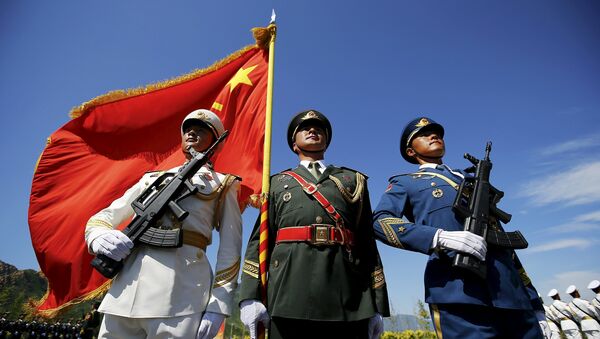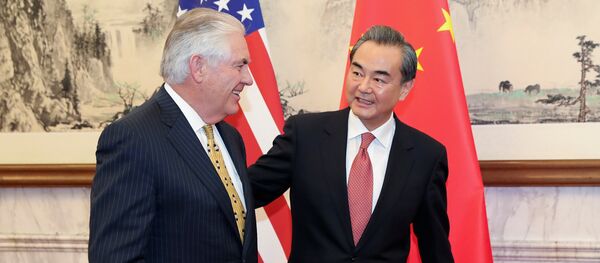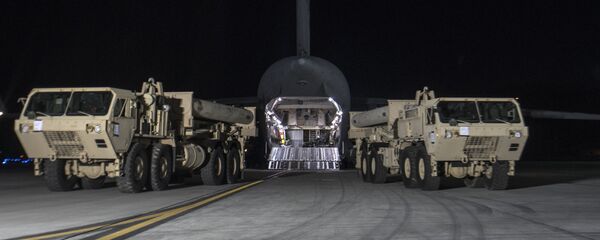It appears that former Chinese leader Deng Xiaoping's famous dictum "Hide your strength, bide your time" has become a thing of the past, Russian military expert Vasily Kashin notes, saying that Beijing's military parades are clearly a sign of the country's political paradigm shift.
According to media reports, on August 1, 2017 a parade of Chinese troops is due to take place in Beijing commemorating the 90th anniversary of the People's Liberation Army (PLA) of China.
"Parades have not been held in China with such frequency since the 1950s," Kashin told Sputnik Chinese.
In the 1980s, the Chinese government decided to hold military parades every ten years, marking the anniversary of the founding of the People's Republic of China (PRC). However, in 1989 the Tiananmen Square protests upset the Chinese leadership's plan.
The next military parade took place in 1999 and then, ten years later, in 2009. Each time the parades attracted much attention and with good reason, Kashin noted, explaining that each parade marked a new phase in the development of the Chinese military forces.
It was expected that the next parade would be held in 2019, however, it has turned out that Beijing is now determined to organize parades more often.
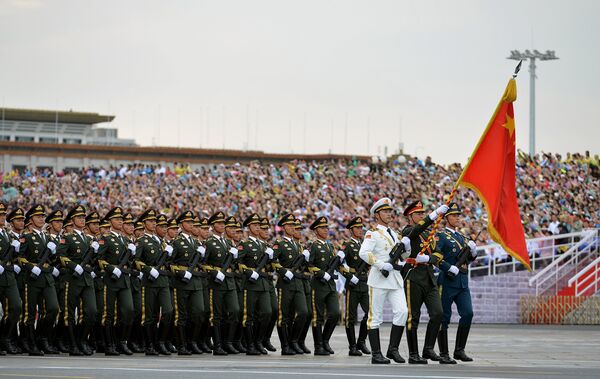
In 2015 they held a parade commemorating the 70th anniversary of the Victory in the Second World War in the Pacific region, while this year the Chinese leadership will honor the PLA.
"These steps have an important ideological and political meaning," Kashin said, "The Victory Parade of 2015 was the result of a serious shift in the perception of the Second World War by the Chinese leadership back in 2014. [The war] began to be perceived as a central event [in the PRC history], that played a significant role in the renewed Chinese nation genesis."
Apparently therefore, Chinese leadership has begun using references to the Second World War both in its domestic and, most notably, foreign rhetoric.
Kashin notes that this shift coincided with growing tensions between Beijing and its longstanding geopolitical rival and the WW2 enemy — Japan.
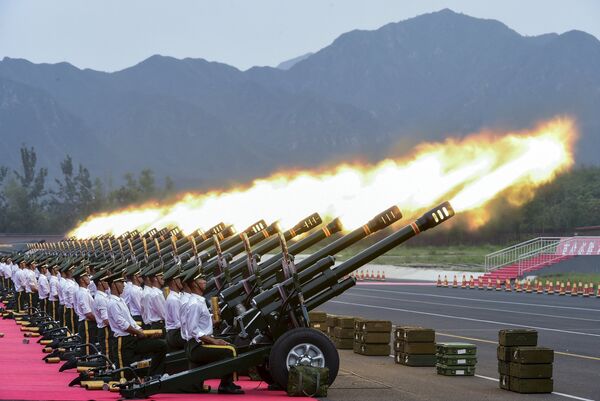
The crux of the matter is that China's external political environment "is no longer as serene as it used to be in the 1990s," Kashin emphasized, "China is facing challenges, and the Chinese government is evoking heroic historical memories to prepare the society for [these threats]."
The parade honoring the PLA's 90th anniversary reflects this recent trend vividly, Kashin noted, calling attention to the fact that Beijing didn't hold military parades to commemorate the PLA's 80th and 70th anniversaries.
"After decades of being obsessed with the idea of economic growth at all costs, Chinese leaders are sending a clear message to society that the Army is equally important," the Russian military analyst stressed, "The PLA has regained its former significance, which it enjoyed before the period of 'reform and openness' [during the Chinese Cultural Revolution]."
"The legacy policy of creating conditions for economic development, through the minimization of military spending and the refusal to lead in world affairs — described by the famous formula 'Tao guang yang hui ' ('Hide your strength, bide your time'), is finally the thing of the past," Kashin said.
Soon we will see Beijing holding military parades annually, he predicted.

